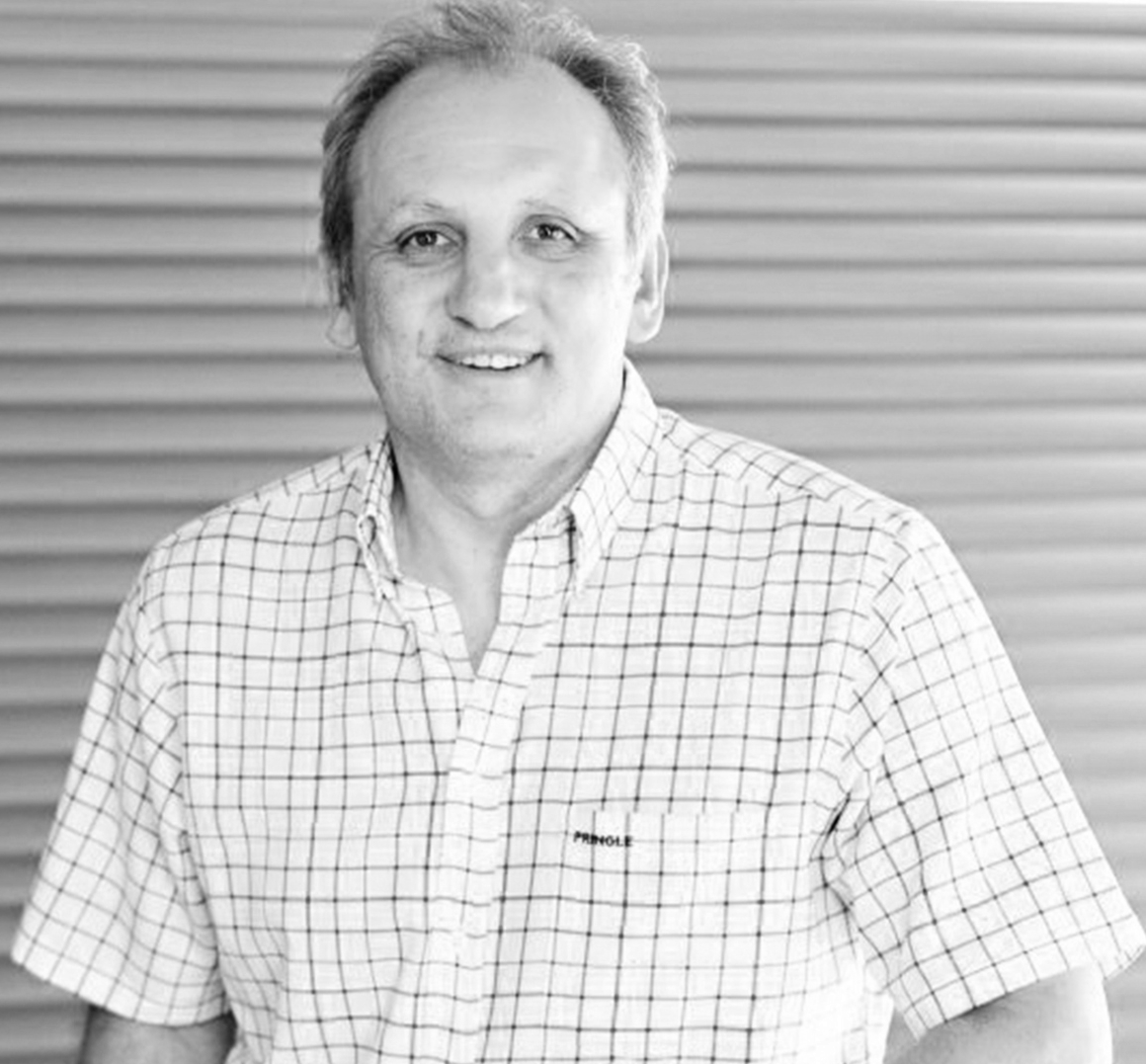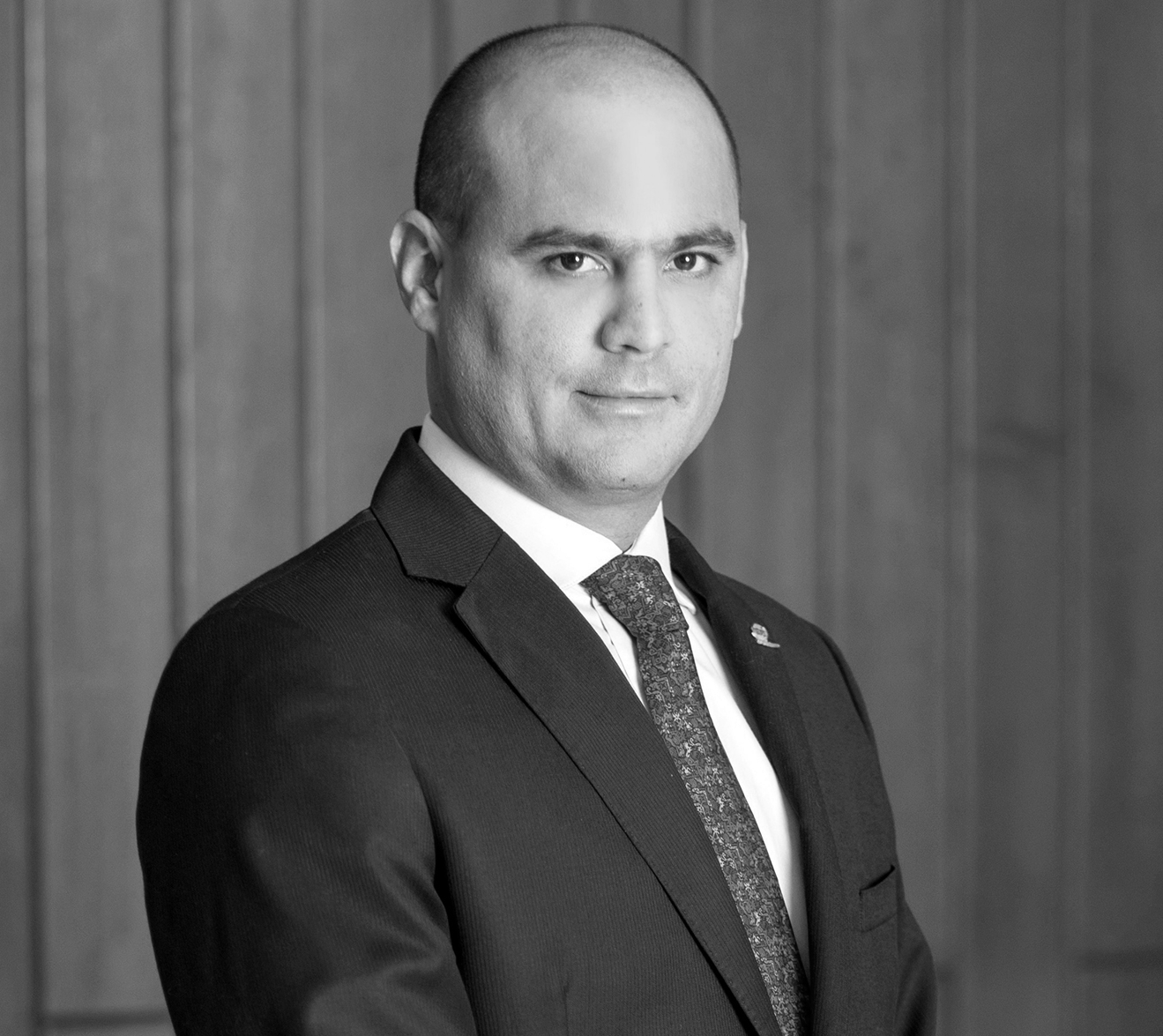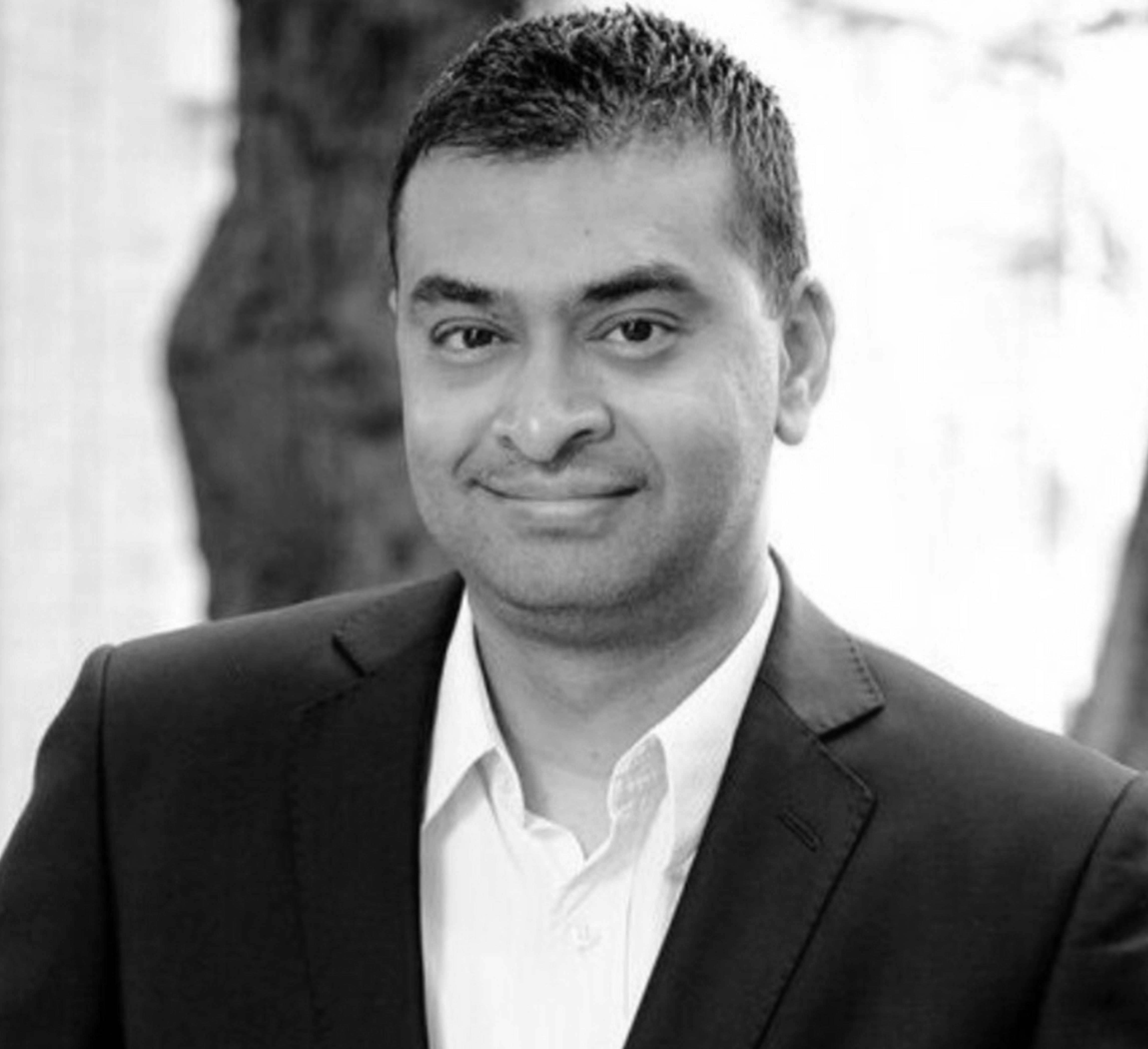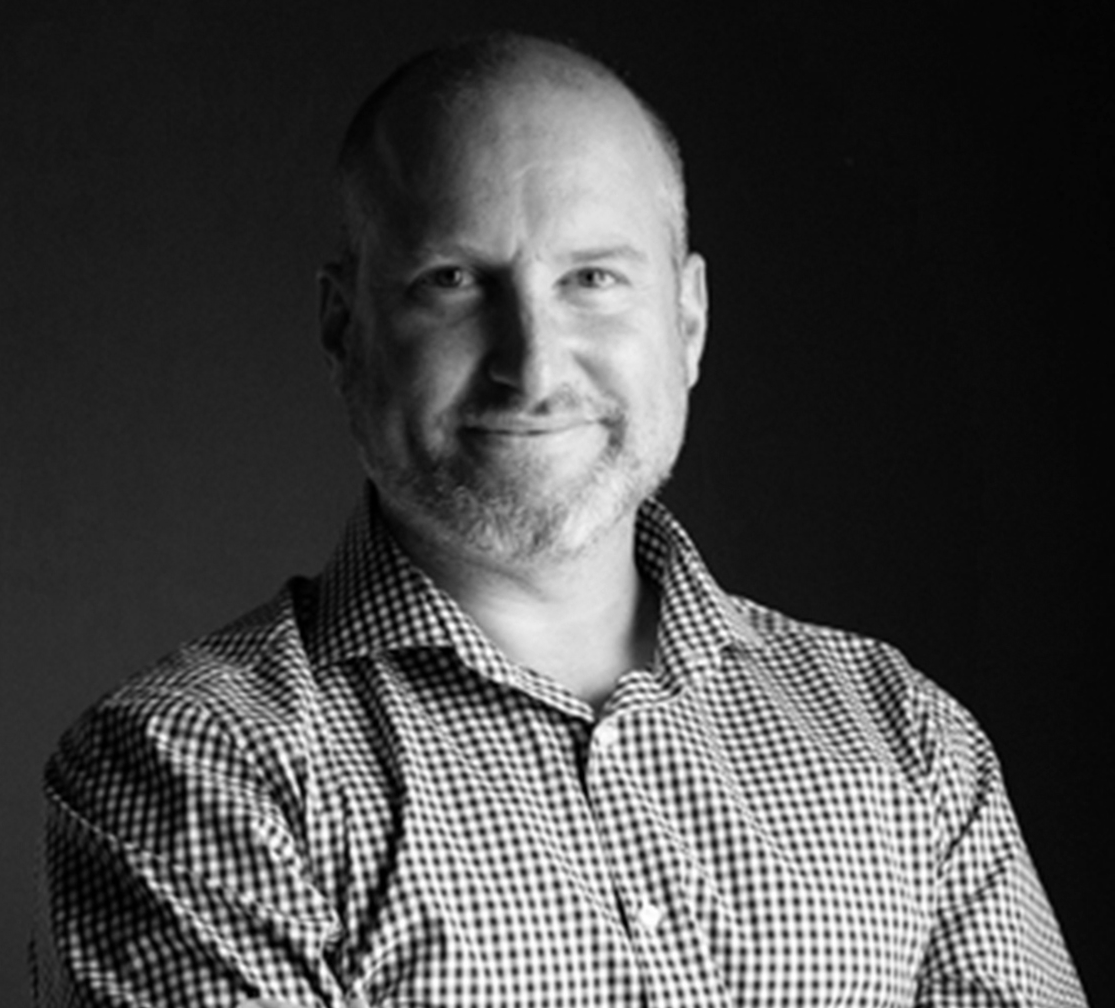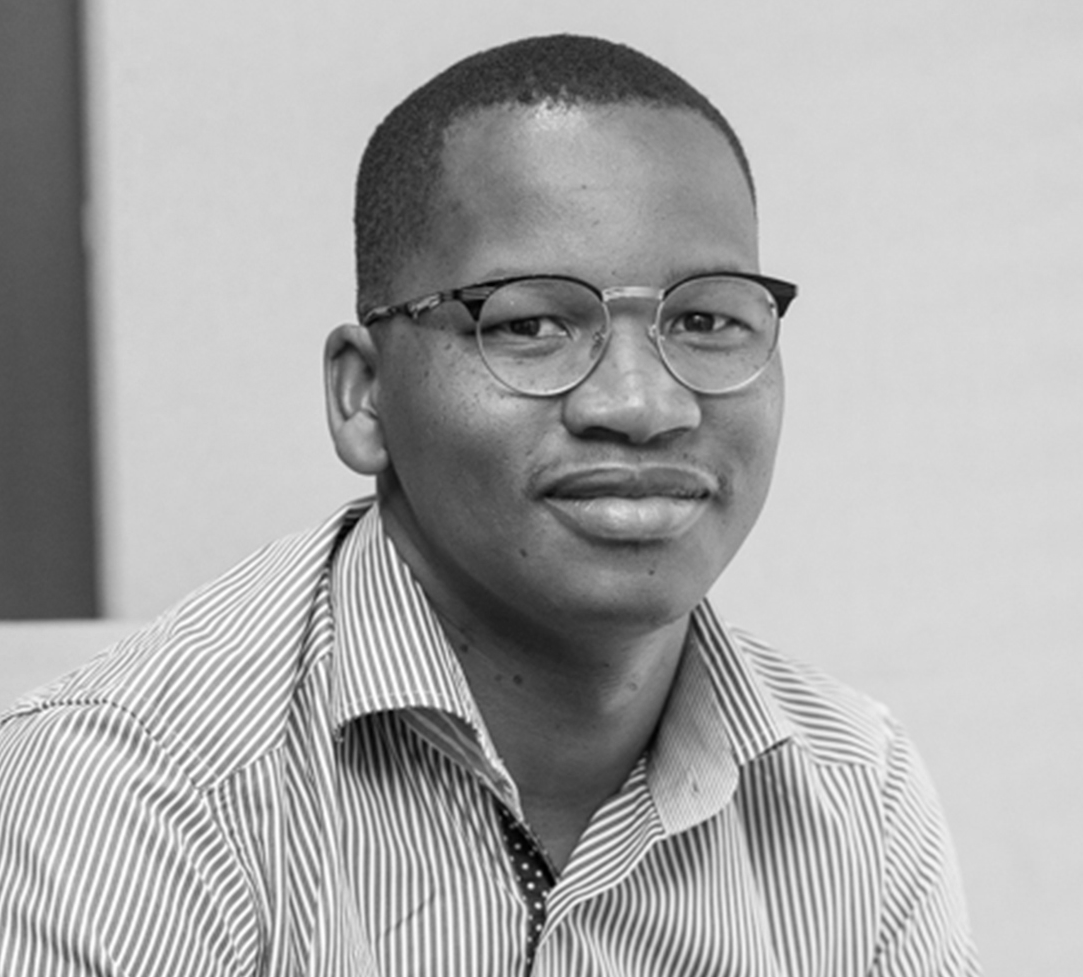8: Bryan Dorfan
CEO & CFO: Alyak Investments
From CFO to business owner: Drawing on his financial and forensic experience, Bryan Dorfan’s new consultancy assists businesses to improve their profitability.

CIARAN RYAN: This is CFO Talks and today we are talking with Bryan Dorfan, who’s chief executive officer and chief financial officer of Alyak Investments, a company that does consulting to business owners to help their better understand their financial affairs and improve their bottom line performance. It does this by analysing financial statements, management accounts and other financial data, including key performance indicators. Prior to joining Alyak Investments, Bryan was chief financial officer at Ener-Gi Fuel Corporation, which is involved in fuel retailing and property. Before that he worked as a forensic accountant and investigator, mainly on commercial claims against some of the big insurance companies. He also has a long background in the audit profession. Bryan is a fellow of the Certified Practicing Accountants of Australia and is also a member of the SA Institute of Business Accountants and the South African Institute of Tax Practitioners. So we’re delighted to welcome Bryan Dorfan to CFO Talks. Welcome, Bryan.
BRYAN DORFAN: Thank you very much for the introduction.
CIARAN RYAN: Let’s kick off and just explain the Australian connection in your CV but it sounds like you are South African and not Australian, so what is that?
BRYAN DORFAN: I am actually South African. What happened is in 1994 with everything that was going on in South Africa I put in papers to go to Australia, my brother lives in Australia. As it happened I met my fiancé, who is now my wife, and we basically got married and we needed to go to Australia to get permanent residency, which we did within a month of getting married. So there were a lot of big changes very suddenly.
CIARAN RYAN: Is your wife South African or Australian?
BRYAN DORFAN: My wife is also South African.
CIARAN RYAN: She is also South African, okay. I’m interested to hear about your work as a forensic accountant, we’ll come to Alyak Investments in a minute but your previous career as a forensic accountant and an investigator in the insurance industry, are there a lot of insurance scammers out there and tell us a little bit about how you go about investigating these scams because I’m sure that’s what your day-to-day work was.
BRYAN DORFAN: It’s an interesting choice of word, scammer. Basically we had a fair share of fraudulent claims and claims in excess of what people were due. But there were instances, for example on one occasion we investigated an insured that was supposedly a bed and breakfast and, as it turned out, they were operating a brothel. So that was on interesting thing and another one you also get a lot of claims from guys who under-declare their revenue for South African revenue purposes but then when it comes to an insurance claim then they would like the full profit.
CIARAN RYAN: So it’s like having two sets of accounts, one for the taxman and one for the bank manager.
BRYAN DORFAN: So that’s why I say it’s an interesting choice of words, even though you tend to see people putting in honest claims, even the honesty is a bit of a grey area.
CIARAN RYAN: Now you are with Alyak Investments as both chief executive officer and chief financial officer, tell us a bit about that business and how do you marry these two roles?
BRYAN DORFAN: Alyak is basically in its infancy, so at this stage it’s actually fairly easy to marry the two because let me give you an analogy, a CEO, in my opinion, is the guy that flies the aeroplane that he’s in charge of, so he gives it the direction, whereas, the CFO is generally the guy that looks at the controls, makes sure that everything is operating like it should be, analysing the data and making sure you’re heading on the right course. So being the CEO and CFO of Alyak basically at this stage I know what direction I want the company to run in and maybe later on as it grows you need to separate those roles because ultimately you want a CEO and a CFO to still be at loggerheads to a certain extent so that you can know you are making the best decision at all times.
Dynamic tension necessary between CEO and CFO
CIARAN RYAN: It’s interesting that you say that because everybody is trying to achieve harmony in an organisation and I have heard that before, what you actually want is a little bit of conflict. You want some dynamic tension, you want a chief financial officer who’s going to say no. That should be one of his primary jobs, right, is to say no, you cannot have the money.
BRYAN DORFAN: That’s 100% correct, to me that’s exactly what the issue is, the money needs to be well spent and you need someone who is strong enough to say no to a CEO. There are a lot of cases now in the public where we find that hasn’t been the case and that’s been the biggest problem.
CIARAN RYAN: You came from Ener-Gi Fuel Corporation, which is a fuel retailer and it’s also in property, I guess that must have been a fairly comfortable job that you had but you’ve now gone and set up a consulting practice. That’s a bit of a risk, why did you do that?
BRYAN DORFAN: That’s a very good question, everyone seems to ask me that but what I did is Ener-Gi Fuel Corporation is actually a family-owned business and what I have noticed, even through my auditing career and forensic insurance career and now with being at Ener-Gi, family-run businesses have a missing link, so to speak, and a lot of them don’t have a CFO in them. What happens is a lot of mid-size and family-run businesses are generally owner-managed, so the guy in charge makes all of the decisions and then all of a sudden when that guy leaves for some reason or dies…
CIARAN RYAN: Because the original owner will eventually die at some point.
BRYAN DORFAN: Yes, so basically the people who are left behind are not as equipped, they don’t have the same vision as the owner and a lot of the time family-run businesses go in the hierarchy. So if you are the eldest-born child you are expected to take over and that’s not necessarily the case. In a case with a family-run business a lot of the time people aren’t really interested and they don’t have the same passion as the business owner did and their interest may lie in something completely different but they’re forced into the business. So coming into a family business you are guaranteed a job but that’s it’s actually what you want to do. Basically two-thirds of family-run businesses suffer within the second or the third generation because there’s no one to guide them.
CIARAN RYAN: Right, I think Pick n Pay, the Ackerman family, is a good example of that, I think it got to the third generation and basically I don’t know if the family has much involvement there, they probably have a bit of a shareholding but the management is passed on.
BRYAN DORFAN: The truth is there does come a time where you need to pass it over, whether it’s because you’ve gone too big and it’s too big to manage as a family-run unit or people just aren’t in it for the passion…for example, I was in the petrol business, you may have an interest in clothing. To be burdened with needing to go into the office, you tend to make the wrong decisions because they’re in your interest and not in the interest of the business.
An unbiased view identifies flaws in a business
CIARAN RYAN: I see what Alyak Investments does is it assists companies to improve bottom line performance by analysing financial statements, management accounts and other financial data, is there some alchemy there that you’ve discovered over the years that you think is not known? How do you approach this, how would you go to a company and say I can do something for you that your existing chief financial officer cannot do, how would you approach that?
BRYAN DORFAN: Again, a person with no bias, with independent eyes and ears and experience tends to look at a business from a different perspective as the owners. Looking from the outside in is far easier than looking from the inside out. Basically what I have discovered, I’ll give you an example of one of the businesses I looked at, the guy knew his business 100%, he knew he was buying X amount of metres of piping and he was selling Y, and he knew from X to Y what happened to it. But he knew that his margin wasn’t right. He would call me in and say, listen, there’s something wrong with my margin and we can’t find what the problem is. It was a simple exercise by going through the stages and where they had quality control, they used to put a tag, red tag for good and blue tag for bad, and basically what the quality control guy was doing was tagging the good as bad and they were selling it as rejects.
CIARAN RYAN: Why was he doing that?
BRYAN DORFAN: Well, they had a contract with the reject piping and he was getting a kickback.
CIARAN RYAN: So he was a corrupt quality control manager.
BRYAN DORFAN: Basically. You don’t always notice something like that when you’re involved in the business because the guy had been there a long time, so you gain a level of trust, whereas an independent set of eyes, I don’t know the people from Adam, so I treat everyone equally. Not necessarily distrusting them all.
CIARAN RYAN: Tell us about your opinion of the role of the chief financial officer today compared to, say, a decade ago, is it a more demanding position than it was in the past?
BRYAN DORFAN: It’s definitely much more demanding today.
CIARAN RYAN: Why is that?
BRYAN DORFAN: Basically because we are in the information age, so you just get swamped with loads and loads of data, loads and loads of information, everyone has got an opinion on something and you need to then decide which of that information is actually applicable to you and your business. You can read two articles differing on where the oil price is going to be, for example, and you don’t know, you can’t just second-guess and say okay, I am going to follow this guy. You need to base all your decisions on sound accounting, sound information and facts.
CIARAN RYAN: I think that the accounting profession has just tightened up on particularly the area of estimates. For example, if you are doing a cash flow projection, which is based on an oil price two or three years from now, you have to be able to validate how you arrive at the estimate, it can’t just be a thumb-suck or an Excel spreadsheet exercise.
BRYAN DORFAN: That’s part of the problem with the fraud and corruption that’s taking place; everyone is looking over everyone else’s back. So when you say something you actually have to back everything up these days with facts.
Acting responsibly in the interest of employees
CIARAN RYAN: Right, I guess the CFO role is becoming a little bit tricky, if you look at some of the corporate scandals that have happened in South Africa where some of these guys might end up in jail, so I think people might hesitate before taking on that role in the future if they see the responsibilities and the risks to which they expose themselves.
BRYAN DORFAN: Definitely, it’s one of the things that one really needs to consider these days, especially since the new Companies Act came into account, there’s a lot of accountability and a lot of responsibility. I think ultimately people need to be accountable for the actions they take and they need to act responsibly in the interest of the employees of the company as well. A lot of the time you make decisions, which may be ethically not right because it may benefit the company but in the long term you are going to get caught out these days because there is so much looking over each other’s shoulders.
CIARAN RYAN: As a consultant to business where are you finding most of the bottlenecks and weak chain links?
BRYAN DORFAN: The truth is every business is different when you go and have a look at them. For me the difficulty is explaining to the older generation why you need to change the way you do stuff because what happened 20 years ago is no longer relevant to their business today. By the same token you’ve got the new guys coming on the block and they think that if you can put an app to anything you can make it work. Unfortunately business doesn’t work like that, some of the old stuff works, some of the new stuff works but you need to work it for the interest of the business.
CIARAN RYAN: So bottlenecks typically in what kind of area, you mentioned one example there where the quality control guy was getting a kickback for rejecting the products, where else would you find the bottlenecks?
BRYAN DORFAN: Again, I’ll go back to Ener-Gi, a lot of the time we were using slow-pumping fuel and what we would find there in particular is that the trucks would be backing up, waiting for fuel and they would go elsewhere. So you’d have to say okay, well, then let’s put in the faster pumps and speed up the process. In that instance it helped sales incredibly because it brought back all the customers.
CEO & CFO: Alyak Investments
From CFO to business owner: Drawing on his financial and forensic experience, Bryan Dorfan’s new consultancy assists businesses to improve their profitability.
CIARAN RYAN: I guess the question answers itself, where do you have bottlenecks, find out where do things slow down…
BRYAN DORFAN: Where do you find your business is slowing and generally that’s where the issue will be and the key is then to unlock what that issue is. So, like I said originally, each business is different, it could be something as silly as the pumps. I’ll give you an even stupider example, which happened in our business, there weren’t a lot of taxis filling up, for example, and what they really wanted was a little ramp to ramp-up their vehicle to the side so that they could pour more petrol in.
CIARAN RYAN: Is that right.
BRYAN DORFAN: So it’s hard to say what causes a bottleneck and what will increase productivity. But, again, communication is important in business, to fight with each other is not necessarily a problem, as long as the solution is for the benefit of the business.
CIARAN RYAN: Okay, we better start wrapping up here; two quick questions, what books do you like to read and what are you reading now?
BRYAN DORFAN: The truth is I don’t read a lot of books because they tend to be long-winded and outdated…
CIARAN RYAN: Are you an internet surfer?
BRYAN DORFAN: I read a lot of publications actually, I read a lot of articles on the internet. I am reading a book by Jack Welch called Winning, it’s an unbelievable book, I’m finding a lot of insight in his writing and in his leadership style.
CIARAN RYAN: What struck you about the book?
BRYAN DORFAN: Basically in how humble he is and how he sees business, he understands that he’s not the cleverest guy in the business but it’s important to promote those guys who are in the business and pay them accordingly. A lot time people think that the salary is the be all and end all of employment and it’s actually not. People like to be recognised for what they do.
CIARAN RYAN: Right, it goes beyond salary, absolutely, it’s the acknowledgement. Who do you rate as a great business leader? Maybe you have already answered that, Jack Welch?
BRYAN DORFAN: Funnily enough it’s the Jack’s, Jack Welch, Jack Ma from Alibaba and Pony Ma from Tencent. All of them, like I say, are humble people, they recognise that they’re not the smartest guy but they need to have smart guys surrounding them. Their leadership style is inclusive of everybody, it’s not sitting in an office high up and no one can get to you, they are very approachable.
CIARAN RYAN: Good, last question, what do you do for fun?
BRYAN DORFAN: I watch quite a bit of sport, I like soccer, cricket and rugby. But I also like to spend time with my wife and my daughter, and we tend to go out in this wonderful weather we have. We have outings and see this beautiful country.
CIARAN RYAN: Beautiful, that was Bryan Dorfan, chief executive officer and chief financial officer of Alyak Investments.

